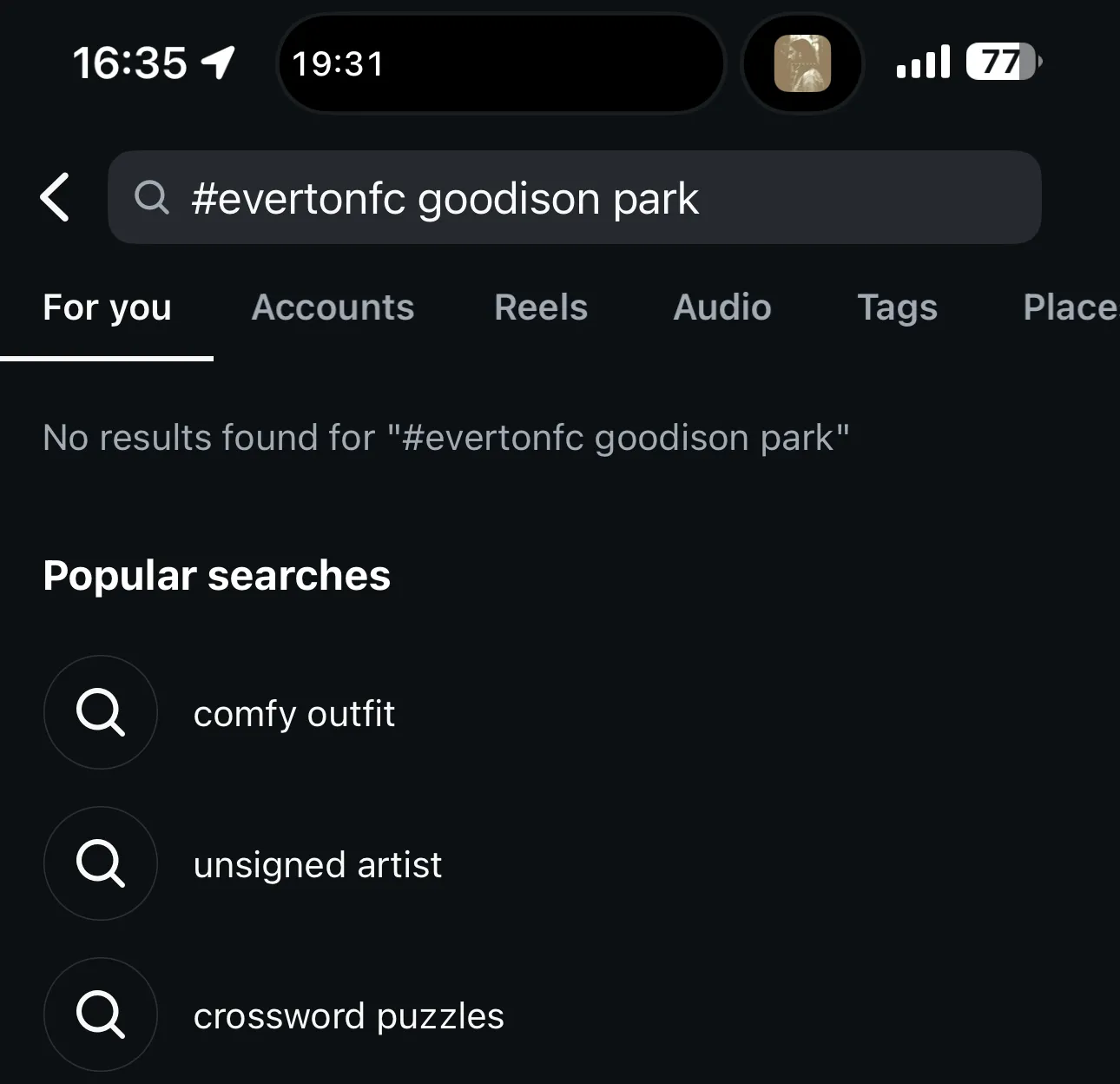The basic problem of the web has at all times been a variation on the outdated Steven Wright line: “You’ll be able to’t have every part. The place would you set it?” Or, on this case—how would you discover it? Given the huge amount of content material, how do you join customers with what they’re searching for?
Even when issues have been working as they have been imagined to, this was an more and more daunting downside: ever-growing content material, hyperlink rot, and even earlier than AI slop, content material farms flooding algorithms with Search engine optimization-optimized rubbish. Add Sora and ChatGPT to the combination, and you’ve got a situation the place the great new content material (and sure, it’s nonetheless flowing in) is misplaced in a tidal wave of crap.
This may not be so unhealthy if the gatekeepers have been stepping up-to-the-minute, however as a substitute we’re seeing the other. Alphabet’s Google—and specifically YouTube—flip a blind eye to content material farms that violate their requirements and even endanger their viewers (corresponding to recommending a enjoyable children’ exercise involving utilizing plastic straws to blow bubbles in molten sugar).
[Even if you have no interest in cooking, you should check out all of food scientist Ann Reardon’s debunking videos.]
5-min crafts DESTROYED my microwave!
They aggressively push AI slop even when nobody appears to be clicking. (I do not know why the algorithm thinks I’d be involved in any of those however my feed is stuffed with them.)
Worse but, search features on main platforms are declining in each performance and high quality.
From Matthew Hughes’ extremely really helpful What We Misplaced
Enable me to admit one thing that may, for lots of the readers of
this article, make me appear instantly uncool. I like hashtags.I
like hashtags as a result of they act as a casual taxonomy of the Web,
making it simpler to mixture and determine content material pertaining to
particular moments or themes. In a world the place billions of individuals are
posting and importing, hashtags act as a great tool for researchers and
journalists alike. And that’s with out mentioning the opposite non-media
makes use of of hashtags — like occasions, activism, or just as a software for small
companies to achieve out to potential prospects.You see the place this
goes. A couple of years in the past, Instagram killed the hashtag by stopping
customers from sorting them by date. As a substitute, Instagram would present an
algorithmically-curated choice of posts that weren’t rooted in any
given second in time. It would put a put up from 2017 subsequent to 1 from the
earlier day.What occurs in the event you simply scroll by means of and take a look at to have a look at each put up with the hashtag, hoping to see the newest posts by means of sheer brute power? Ha, no.
will, ultimately, cease exhibiting new posts. On any hashtag with tens of
1000’s of posts, you’ll possible solely see a small fraction of them —
and that’s by design. Or, stated one other approach, Instagram is straight
burying content material that customers explicitly state that they want to see.
Primarily, your visibility into a specific hashtag is proscribed to
what Instagram will permit.Moreover, customers can’t refine their
search by including a further time period to a hashtag. For those who kind in
“#EvertonFC Goodison Park,” it’ll reply with “no outcomes discovered.”Premier League, and Goodison Park is the stadium it used till this yr. There ought to be 1000’s
of posts that embrace these phrases. It’s like looking for “#NYYankees
Yankee Stadium” — one thing that you simply’d assume, with good motive, to have
mountains of photographs and movies hooked up to it.Moreover,
if you seek for a hashtag on Instagram, the app will present you
content material that doesn’t embrace the hashtag as precisely written, however has
phrases that resemble that hashtag. In consequence, hashtags are successfully
ineffective as a software for creating taxonomies of content material, or for
discoverability.A lot of the factors I’ve raised haven’t been
coated wherever — save for the preliminary announcement that Instagram
can be discontinuing the power to prepare hashtags by date. And
even when that time was talked about, it was reported as straight information,
with no questioning as as to whether Instagram may need an incentive to
destroy hashtags, or whether or not the factors that Instagram CEO Adam Mosseri
would later make (that hashtags have been a significant vector for “problematic” content material) have been true.When Moseri would later say that hashtags didn’t truly assist drive discoverability or engagement,
that too was repeated unquestionably by a media that, on the subject of
the tech trade, is all too content material to behave as stenographers quite
than inquisitors. It’s a degree that’s simply challenged by
the Instagram subreddit, the place there aren’t any scarcity of individuals saying
that the adjustments to hashtags had an opposed impression on their companies, or their capacity to search out content material from smaller creators.
We should always most likely speak in regards to the decline of Google search at this level however that wants a put up of its personal.

